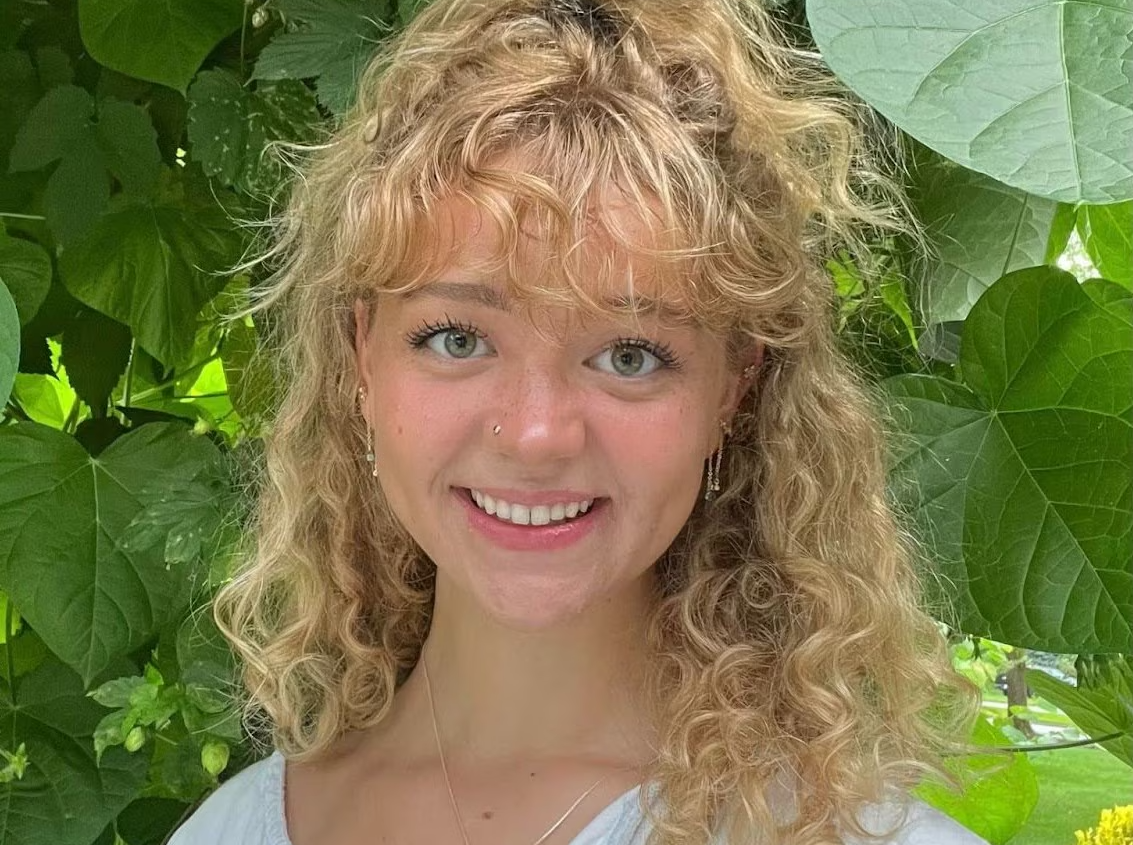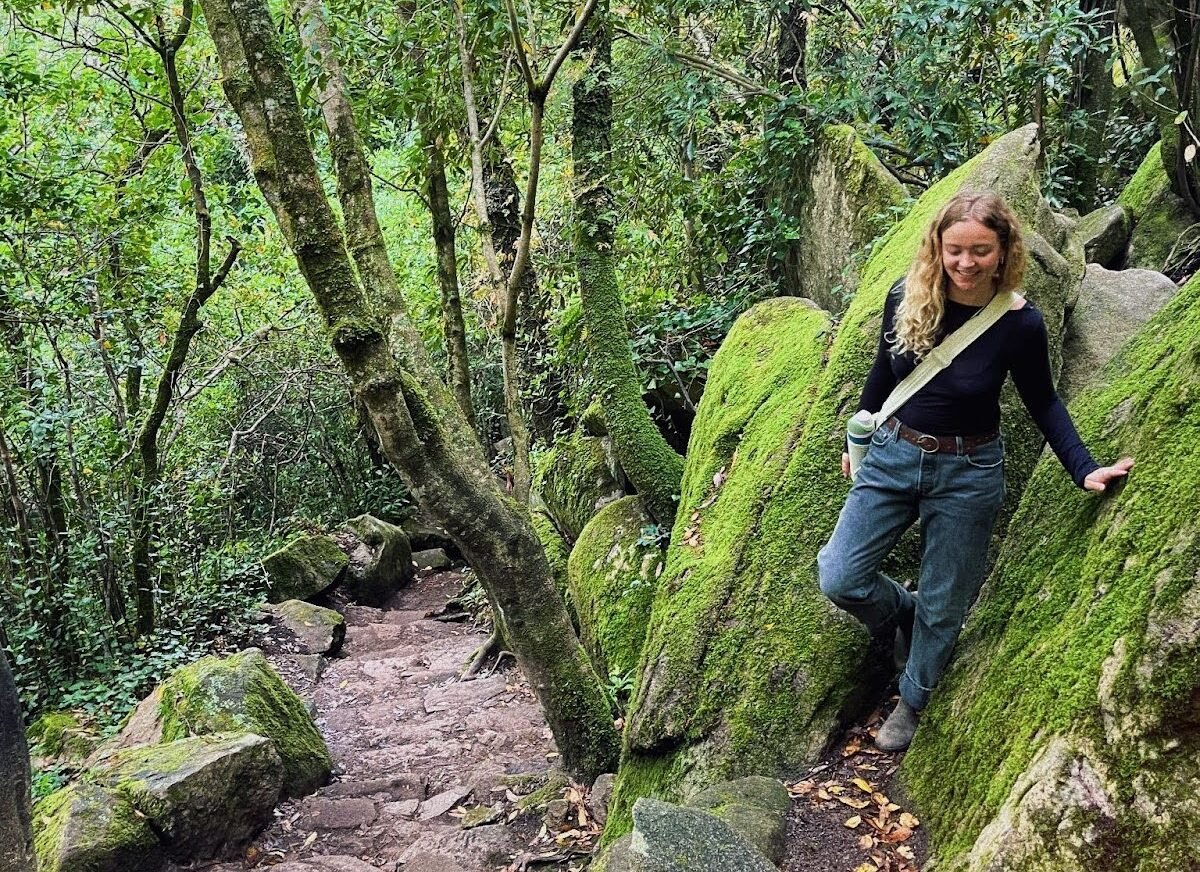Meet the People: Interview with Willow Swan-Scott
Willow Swan-Scott is the ASI NA Administration and CSU Assistant. She supports the ASI NA General Manager, Accreditation Manager and ASI Central Services Unit with administrative tasks and the implementation of Accreditation Procedures.

As the ASI North America (ASI NA) Administration and Central Services Unit (CSU) Assistant, what does a typical day in your role at ASI NA look like?
As the Administration and CSU Assistant, a typical day involves a mix of administrative support tasks, assessment planning and finance. Mornings often start by coordinating with team members across different departments to address any immediate needs or updates. My responsibilities cover a wide range of tasks related to the Accreditation Process, including overseeing new applicants, re-accreditations, sanctions, scope extensions, Tier One assessment planning, and processing invoices. It’s a dynamic role that requires staying organized and adaptable to keep everything running smoothly and efficiently.
Over time, I found myself gravitating toward operations, where I’ve been able to contribute to the efficiency and effectiveness of our accreditation processes.
Willow Swan-Scott Administration and CSU Assistant
Reflecting on the three year milestone of ASI NA, how has your role evolved in the past year and were there any challenges in particular?
Starting my position at ASI directly after graduating college, I had to navigate the complexities of an organization focused on ensuring that sustainability standards are met and upheld. Over time, I found myself gravitating toward operations, where I’ve been able to contribute to the efficiency and effectiveness of our accreditation processes. One of the biggest challenges was understanding the intricacies of voluntary sustainability standards and the rigorous requirements involved in accreditation. Despite these challenges, this year has provided me with valuable insights into both the sustainability field and the inner workings of an accreditation body. The flexibility of my position has allowed me to grow considerably and identify areas for improvement within ASI NA.
Working with teams across different continents, such as in Bonn, Germany, and Kuala Lumpur, Malaysia, must be quite dynamic. How do you successfully navigate the varying work environments, time zones, and cultural differences?
Working with teams in Bonn and Kuala Lumpur requires adaptability. To manage time zones, I prioritize scheduling meetings at mutually convenient times and rely on asynchronous communication tools. Understanding cultural differences is key—I make an effort to learn about the customs and work styles of my colleagues, which fosters strong relationships. Staying organized and planning ahead is essential, ensuring deadlines are met and everyone remains aligned. Being flexible and mindful of cultural nuances, I effectively manage the challenges of working across different continents.
What’s a valuable lesson you’ve learned in your career that you wish you had known when you first started?
A valuable lesson I’ve learned is the importance of clear communication and adaptability. When I first started, I thought sticking rigidly to plans was key to success. However, I’ve realized that the ability to adapt to unexpected changes and challenges is just as crucial. In the fast-evolving field of sustainability, priorities can shift quickly, and being open to change allows you to respond effectively. Clear communication is equally important—being transparent, sharing ideas openly, and listening actively helps to keep everyone aligned. This becomes especially vital when working with diverse teams spanning several time zones, where combining different perspectives often leads to more innovative solutions. If I had known this earlier, I would have been less stressed by uncertainties and more focused on collaboration in finding creative solutions to challenges.

During your recent work retreat to our Kuala Lumpur office, what stood out as the most memorable part of the trip?
During my recent visit to our Asia-Pacific office, the most memorable part was the opportunity to connect in person with colleagues I usually only interact with virtually. Experiencing the local culture firsthand and sharing meals with the team created a sense of camaraderie that’s hard to replicate online. The lively discussions we had, combined with the immersive environment of the city, sparked new ideas and strengthened our collaboration. It was also fascinating to see how the local office operates and to gain a deeper understanding of the unique challenges and opportunities they face, which gave me fresh perspectives on our work. And, of course, the food is absolutely amazing!
Interviewed by Carol Songa, Communications Working Student and Tanuka Mukherjee, Communications Manager.
